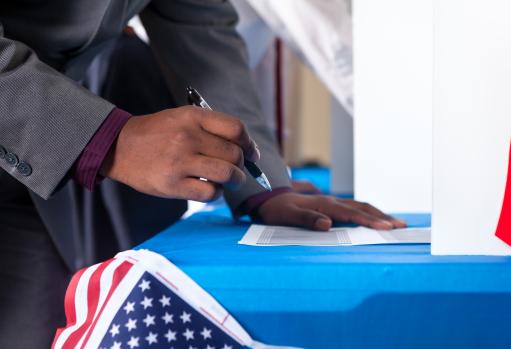In response to a lawsuit brought by Campaign Legal Center (CLC) challenging the state’s election procedures, Pennsylvania Secretary of State Kathy Boockvar issued guidance to establish uniform processes across counties for counting mail-in ballots.
This resolves the case. The plaintiffs have filed a notice of dismissal this afternoon, ending the litigation.
For the 2020 general election this fall and in future elections, County Boards of Elections can no longer reject a ballot solely on the basis of an election official’s belief that a signature does not match the signature in the voter’s file.
There are many reasons for a change in a person’s signature from one signing to another. These factors include, but are not limited to, advancement in age, change in a person’s physical or mental condition, disability, illness, or stress.
This is a good outcome for the case because election officials – who aren’t trained in handwriting analysis – are not qualified to determine whether a voter’s signatures match. Voting should not be a penmanship test. All eligible voters should be able to have confidence that when they participate in an election, their vote will be counted.
Surge in Vote-by-Mail
In 2019, Pennsylvania passed Act 77 and joined more than 30 other states in allowing no-excuse absentee voting. The passage of Act 77, combined with the ongoing COVID-19 pandemic, resulted in nearly 1.5 million voters cast their ballot by mail during the June 2020 presidential primary, a dramatic increase compared to previous cycles.
This fits a national trend, which shows a surge in vote by mail in 2020.
The dramatic increase in absentee voting, however, also meant that more voters would be at risk from the inconsistent application of signature-verification policies across the Commonwealth.
Signature variance – and risk of disenfranchisement – is more prevalent among certain populations of voters, including those with disabilities, those with less formal levels of education, elderly and young voters, and voters for whom English is a second language. As a result of the newly-issued guidance, no voter will be at risk of having their vote rejected due to a perceived signature mismatch.
Learn more about the case.

